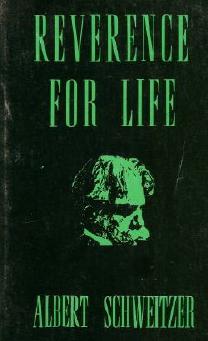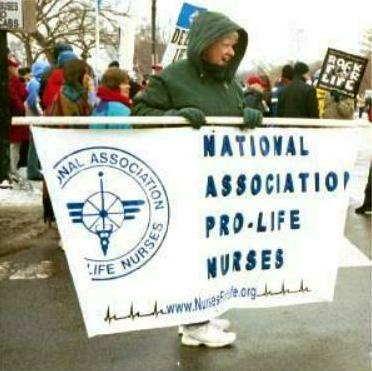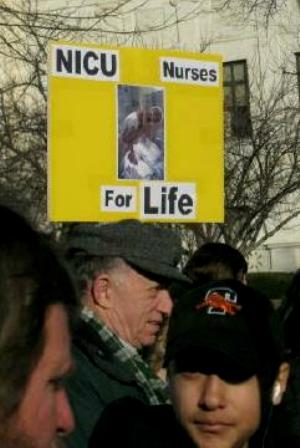|
This essay was posted on July 23, 2009.  Dr. Tiller Mary Meehan "Do not speak ill of the dead," the ancient proverb advises. Usually it's a good rule to follow, especially after a violent death such as that of Dr. George Tiller of Wichita on May 31st. Yet admirers and some media stories have portrayed him as a hero, and many citizens in conscience must dissent. Dr. Tiller was, at best, a deeply misguided man. He made a living by taking the lives of other human beings. Day-in and day-out, for decades, he engaged in the methodical destruction of small human beings who could not defend themselves. Specializing in late-term abortions, his method of choice was a lethal injection to the fetal heart, followed by induced labor and delivery. While many women were grateful to Tiller for this, many others remembered their time at his clinic as a wretched experience and one followed by major guilt and grief. Dr. Tiller knew about the aftermath, so he offered chaplain services to women and funeral services for the deceased. And he had a crematorium to burn the little bodies. Some of his clients were teenagers whose parents discovered their pregnancies late and wanted them to have abortions. And some women went to Tiller because prenatal testing showed that their babies had Down syndrome, spina bifida, or other disabilities. He did eugenic abortions for them. People who advocate such abortions hate the word "eugenics" because of its historic links with racism and Nazi Germany. Yet a deep bias against people with disabilities has always been a key part of eugenics. Frederick Osborn, the brilliant strategist of the postwar American Eugenics Society, certainly shared that bias. He and his eugenics colleagues, who included many leading geneticists of the 1950s and later, pushed hard for prenatal testing. They fashioned it into a huge funnel, wide at the top--where pregnant women are enticed and often pressured to have it--and narrowly pointed toward eugenic abortion at the bottom.  The older and far better tradition of medicine is to find non-lethal methods of preventing disabilities or, when they cannot be prevented, to help and heal those who have them. Supplements of folic acid, the B-vitamin featured in a June 2nd Associated Press story ("Folic Acid Offers More Protection than Thought") are a good example of non-lethal prevention. The supplements have reduced greatly the incidence of spina bifida and other neural-tube defects. According to the AP, a recent Texas study suggests they also produced a dramatic reduction in premature births, and a Canadian study shows a striking reduction in heart defects. First widely promoted in the early 1990s, folic acid supplements might have been advanced decades earlier had key researchers and funders stayed with, or returned to, the non-lethal tradition. In the early 1950s, Dr. John B. Thiersch was experimenting with aminopterin--an antagonist of folic acid--for possible use as an abortifacient. By counteracting folic acid, aminopterin did produce abortions and/or serious fetal malformations. In a 1952 article in the American Journal of Obstetrics and Gynecology, Thiersch said his research showed "indirectly the importance of folic acid for the early embryo." He added that both spontaneous abortion and "some malformations" might be "influenced by the amount of folic acid available to the fetus." Frederick Osborn and his major financial backer, John D. Rockefeller 3rd, knew about Thiersch's research, but apparently weren't interested in turning it to a positive use. Their Population Council, though, later funded Thiersch's work on aminopterin or other abortifacient compounds because of their potential for population control. The real heroes in the disability arena are people who honor the basic rule of medical ethics: "First, do no harm." They are researchers, pediatric surgeons, nurses, and physical therapists. They are special-ed teachers and valiant parents who do everything they can to help children with disabilities. If other health professionals reject the eugenics approach and focus only on healing, such heroes will have far more support. And their young patients will have far better lives.  |